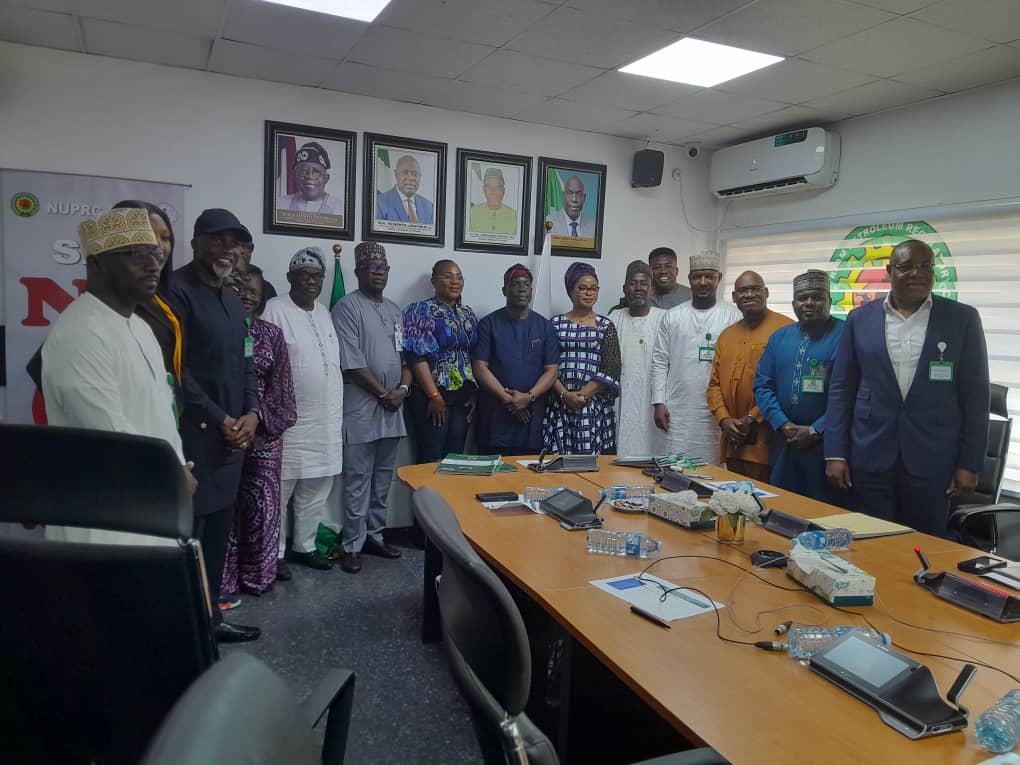The Chief of Naval Staff (CNS), Vice Admiral Emmanuel Ogalla, has charged Nigerian Navy personnel to remain adaptable, proactive, and forward-thinking in the fight against insecurity.
Represented by Flag Officer Commanding, Special Operations Command, Rear Admiral Olusegun Shoyemi, Ogalla gave the charge at the Nigerian Navy Provost and Regulating School in Makurdi on Friday.
The CNS, who spoke at the graduation ceremony of students of Naval Police Officer Basic Course 14 of 25 and Able Regulating Qualifying Course 16 of 25, described the current security situation as evolving.
He told the graduates that the evolving nature of naval operations and security challenges required personnel to continue to improve their knowledge, skills, and understanding in their fields.
“The Nigerian Navy is constantly adapting to meet the ever-evolving challenges of the 21st century.
“Our maritime domain continues to grow in strategic importance, and it is imperative that you, as members of this esteemed Service, remain adaptable, proactive and forward-thinking.
“As such, take every opportunity to learn, improve and contribute to the advancement of our Navy.
“As personnel in the Provost and Regulating Department of the Navy, you are entrusted with some of the most important roles in maintaining the discipline, order and welfare of personnel.
“The skills and knowledge you have acquired in this institution have equipped you, not only with the technical proficiency required for your duties but also with the moral and ethical framework that is essential to serving as leaders,” he added.
Ogalla said that the success of the Nigerian Navy was largely built on the foundation of discipline and order.
The CNS told the graduates to remember that their responsibilities extended far beyond mere enforcement.
He assured them that the Nigerian Navy, under the present leadership, remained committed to providing them with the necessary resources, training and support to excel in their respective careers.
The Commandant, Nigerian Navy Provost and Regulating School, Makurdi, Capt. Henry Eje, said in his remarks that the 18-week course was to instill in the students, the best practices in law enforcement within the military and outside.
Eje said that various methodologies were used to train the students.
The commandant listed the methodologies to include classroom lectures, practical demonstrations, presentations and study visits, amongst others.
“Some of the subjects taught during these courses included Naval Law, Criminology, Provost and Crime, Security and Intelligence, Case File Compilation, Element of Law and Contemporary Operations, amongst others.
“It is pertinent to note that a Professional Diploma in Forensic Investigation and Security Management package conducted by the International Institute of Professional Security was added to the course curriculum.
“The inclusion of this package has not only broadened the knowledge of these graduands but also prepared them to face contemporary and emerging security threats in the maritime environment.
“It has also added value to them, as they are now Associate Members of the International Institute of Professional Security.
“It is equally worthy of note that the students were introduced to a hands-on cybersecurity and cryptography package in collaboration with Greg and Co ICT Hub Ltd,” he added.
He further said that the package explored the evolving threat landscape, key cyber defence strategies, and the role of cyber security in modern warfare and investigation.
According to him, the whole essence of the programme was to introduce the students to several threats emanating from cyberspace, its dangers to military facilities and ways of mitigating and investigating cases related to cyber security attacks on military facilities where applicable.
A detailed breakdown of course and student performance was presented by Lt. Commander Fidelis Anyogo, the Chief Instructor.
The high point of the graduation ceremony was the presentation of certificates to the graduands and awards to outstanding ones. (NAN)
The post Naval Chief Tasks Personnel on Proactiveness, Forward Thinking To Combat Insecurity appeared first on THISDAYLIVE.


